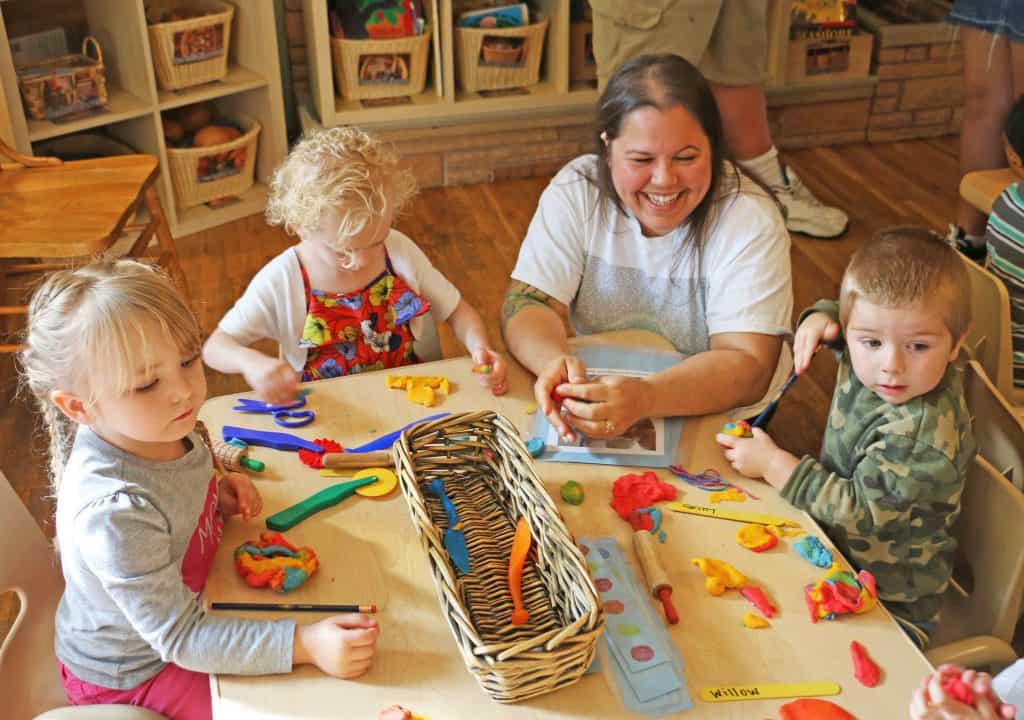
Read the full story on Oregonlive.
“There’s an incredible need, across the board,” said Danielle Pacifico-Cogan, director of communications and community engagement at the Children’s Institute, a Portland-based non-profit that advocates for young children.
This need, Pacifico-Cogan says, can be traced to a range of factors. Finding an affordable program is one hurdle, but access also plays a large role, she said. For families in rural parts of the state, finding a program close to home is a concern, and for populations like the one Bashir serves, language barriers are often an issue. Sometimes, families don’t understand the importance of preschool. And if they do, Pacifico-Cogan added, “there’s a waitlist everywhere.”
Preschool Promise is a step forward, she says, but it’s not enough. “When you’re in preschool, you learn how to take turns, how to be attentive,” she said. And those letter recognition worksheets the African immigrant children work on, or “pre-reading skills,” come back into play in elementary school. Students who know how to read proficiently by third grade, she noted, are four times more likely to graduate from high school.
